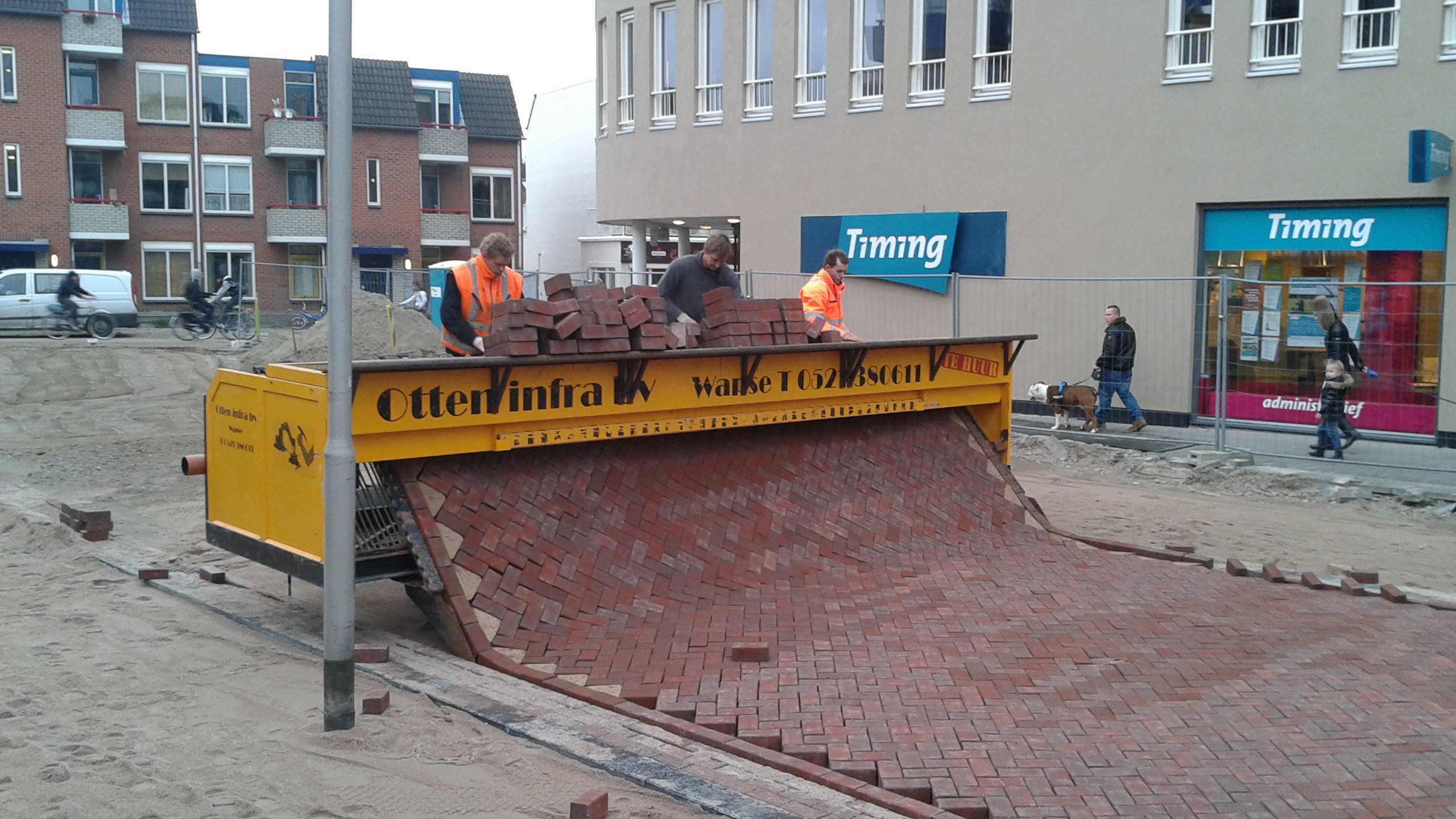The Robots are coming! They keep getting smarter, more reliable, and more affordable. They work 24 hours a day and never get sick. It's no surprise that some are proclaiming that robotisation and artificial intelligence (AI) will eliminate jobs. In 2014 Oxford scientists calculated 47% of the current jobs could be automated by 2034, due to robotisation and AI. Last year accounting and consulting firm Deloitte calculated 42% of the students at vocational high schools were still being trained to do these endangered jobs. Imagine being 16 years and discovering you're studying for a job that soon won't exist. What kind of future is that?
Imagine being 16 years and discovering you're studying for a job that soon won't exist. What kind of future is that?
Although the figures on disappearing jobs are accurate in themselves, the conclusions being drawn are far too negative. Everyone talks about job losses, but we rarely hear about the new occupations that will come into being thanks to robotics and AI. This not only evinces a poor understanding of technological development; worse, it shows a serious lack of imagination with respect to the future.
The elimination of jobs by new technologies is nothing new. Before the Industrial Revolution, people worked as farmers, fishers, hunters, bakers, butchers, soldiers, or lords and ladies of the manor. The vast majority of workers were involved in food production. Over the past century, however, many of these jobs have disappeared. Today, in industrialized countries just one in 50 people works as a farmer. It's no longer necessary for large numbers of people to toil in the fields for 10 hours a day – and we’re better off for it. Thanks to the wave of automation ushered in by the Industrial Revolution, today one farmer can feed 49 other humans. So what do those people do? Don’t they have jobs? Of course they do. They’re web designers, gym owners, personal coaches, community managers, game programmers, social media marketers, cybersecurity analysts. None of these job titles existed a few decades ago, and they would have been unimaginable to our great-grandparents.
If we want to survive the coming wave of automation, we’ll need to come up with new occupations for the future
The Industrial Revolution rendered our muscle power superfluous; in the 21st century, our brainpower is being computerised. If we want to survive the coming wave of automation, we’ll need to come up with new occupations for the future. In a world of smart machines, we human beings must think about what we can add, and what we wish to add. Rather than fighting the robots, we must work with them. Horses can run faster than humans, but nobody’s claiming that they’re going to make us obsolete. Just as a person riding a horse is more interesting than a race between a person and a horse, a person working with a robot is more interesting than a battle between the two.
We must develop new jobs in which people and technology work together. HUBOT, the employment agency for people and robots, looks for these occupations. Imagine a mover in an exoskeleton whistling as he carries your piano outside, thanks to his motorised suit that enhances his muscle strength. Such technology would open up traditionally strenuous jobs to women and older people. Then there’s the bricklaying robot, which saves workers from having to kneel in the street. Instead, bricks are delivered to the robot, which does the hard work. It might sound futuristic, but the bricklaying robot is already on the market. And other applications are being developed. Will home care workers soon have time to chat with patients again, thanks to cleaning drones? Robotisation makes it possible. Still not convinced robots and humans can work together? Visit a Shiva physiotherapist: with four extra robot arms plus her own, she can deliver a perfect six-hand massage, human touch included.
Rather than fighting the robots, we must work with them
New technology will lead to new occupations, ones we can scarcely imagine today. Who knows – before long we could be hiring virtual reality architects to design our digital existences; digital detox coaches to help us handle the deluge of likes, apps and tweets in healthy ways; even organ designers to adapt our bodies to our wishes. Still can’t picture it? That’s understandable. Our grandparents couldn't have imagined we’d be hiring personal trainers and interior designers either. You can bet we’ll be just as surprised at the new professions our grandchildren will be practising someday. Let's prepare young people for that world.
______________________________
This text is translated from Dutch and was originally published in the Dutch newspaper Trouw. The article is part of the “HUBOT weeks” to contextualize our latest project HUBOT, the job agency for people and robots. Want to learn more about this project? Join NNN and we will keep you in the know!
[mc4wp_form id="72385"]

Share your thoughts and join the technology debate!
Be the first to comment